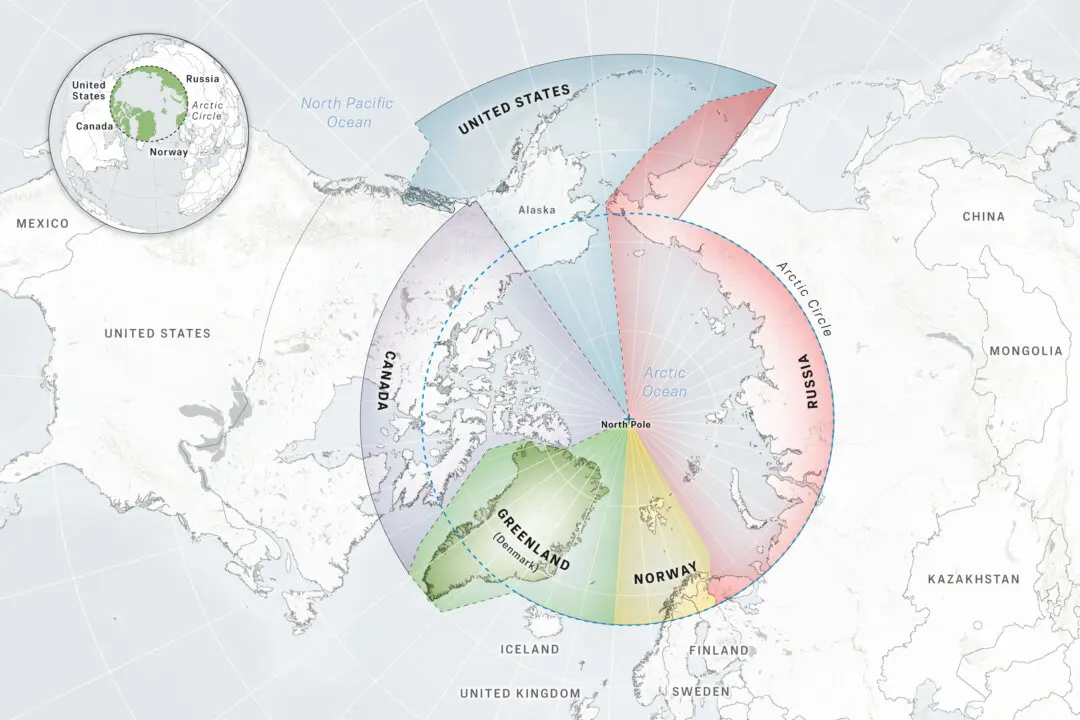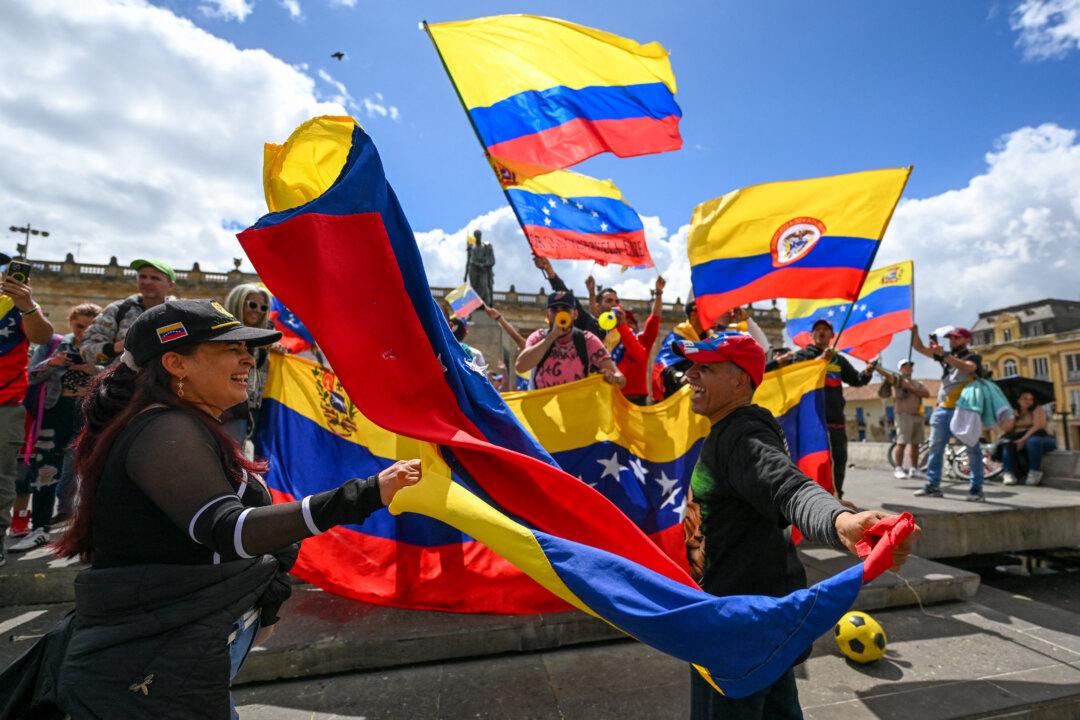Residents of Chile cast their ballots on Nov. 21 in what many have called the most divided presidential election since the nation’s return to democracy in 1990.
From a pool of seven candidates, there are two front-runners, according to national opinion polls. They are José Antonio Kast, 55, a right-wing former congressman, and Gabriel Boric, 35, a member of the Communist Party coalition who has served two terms in the chamber of deputies.





